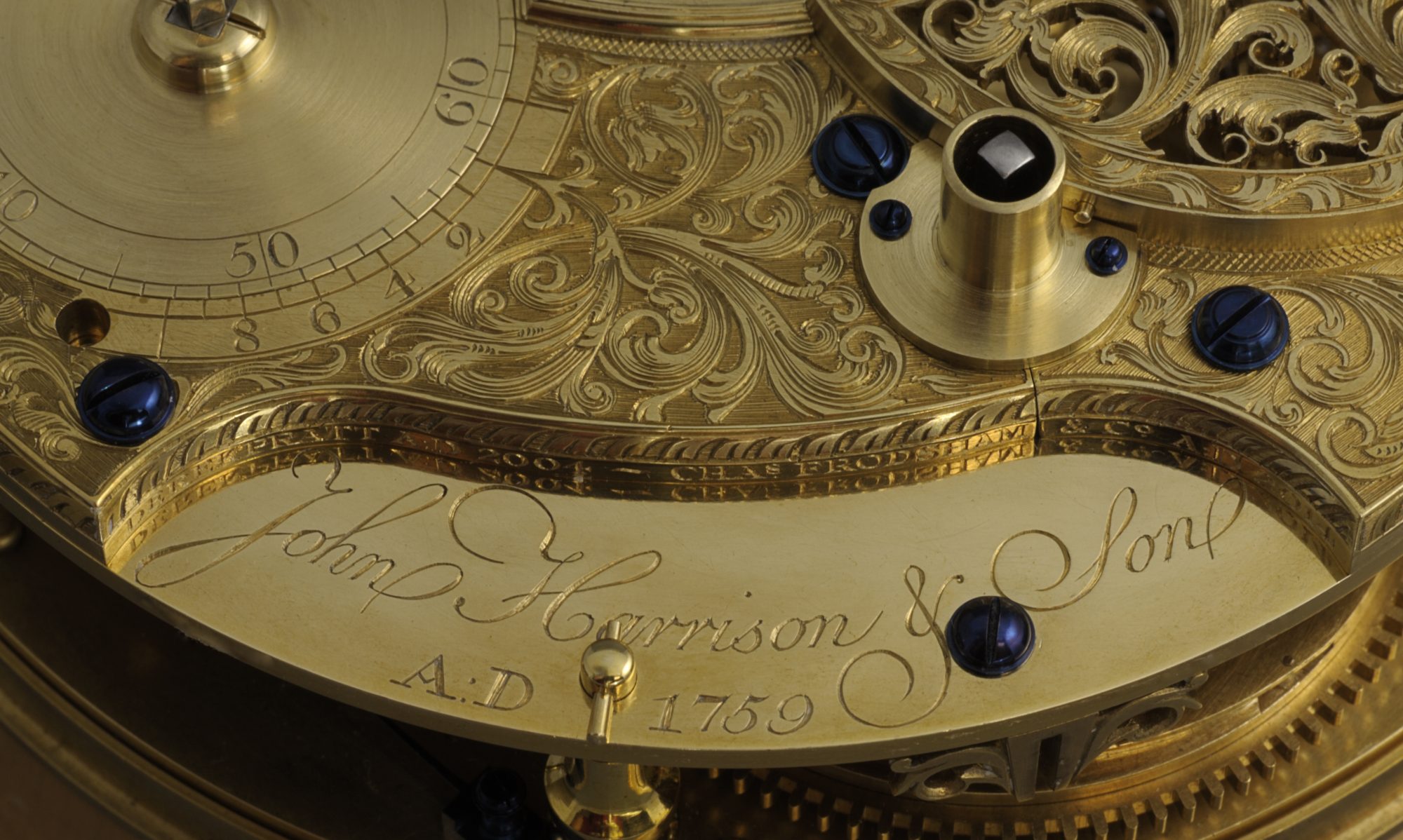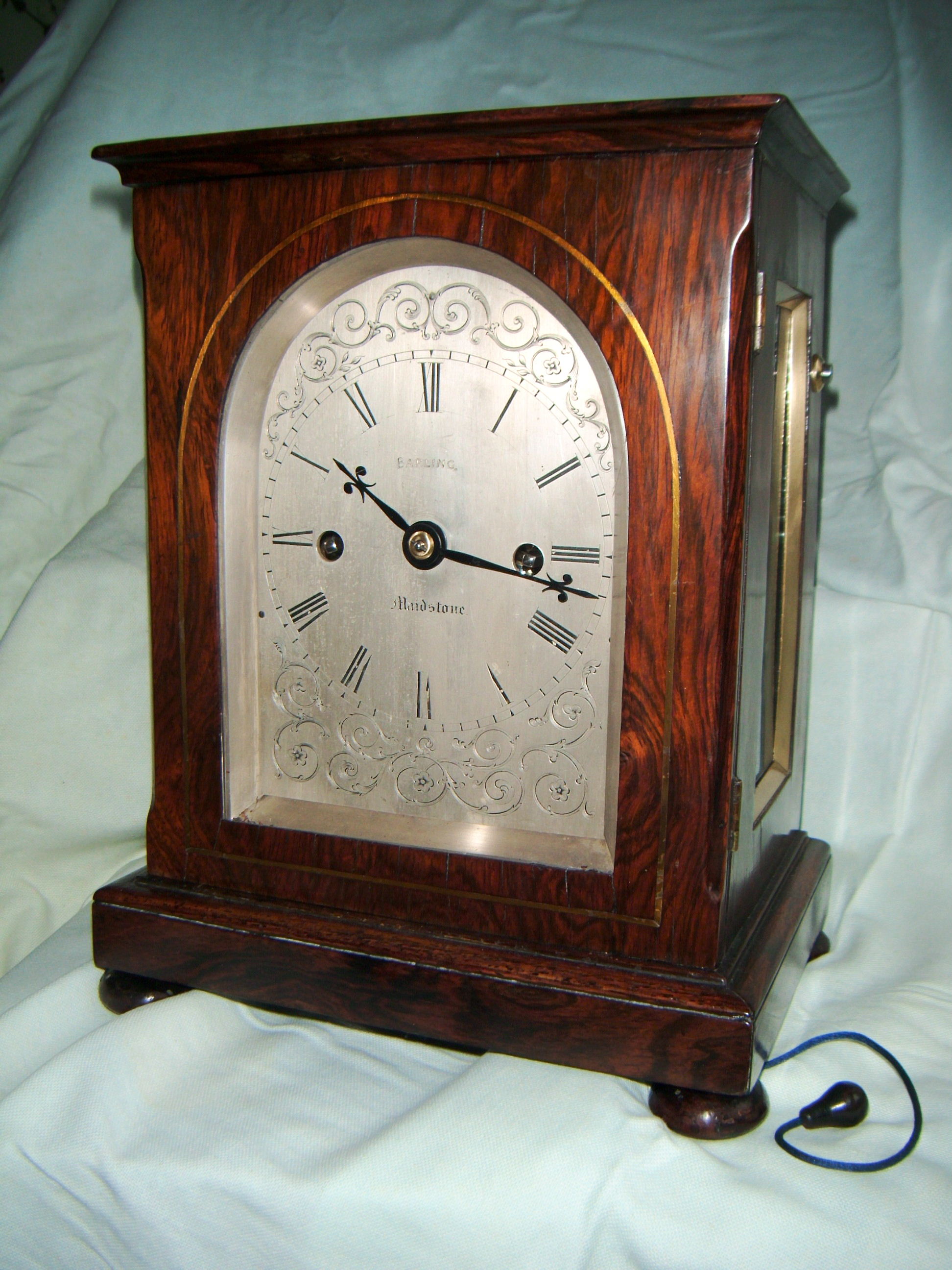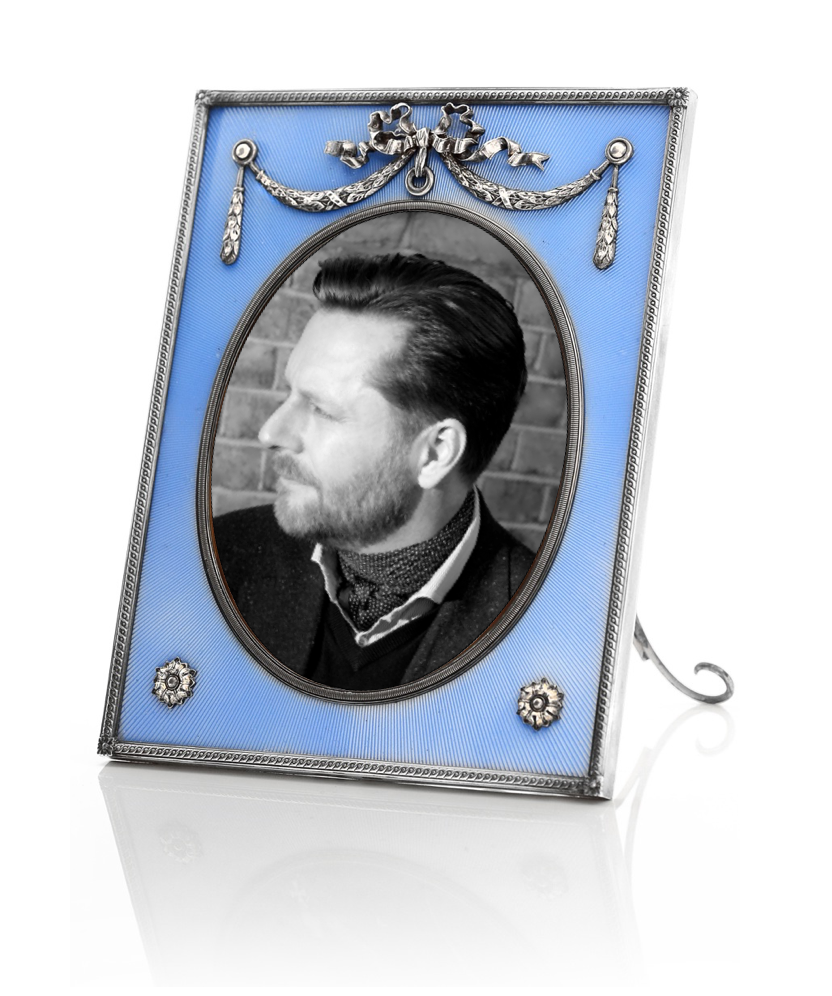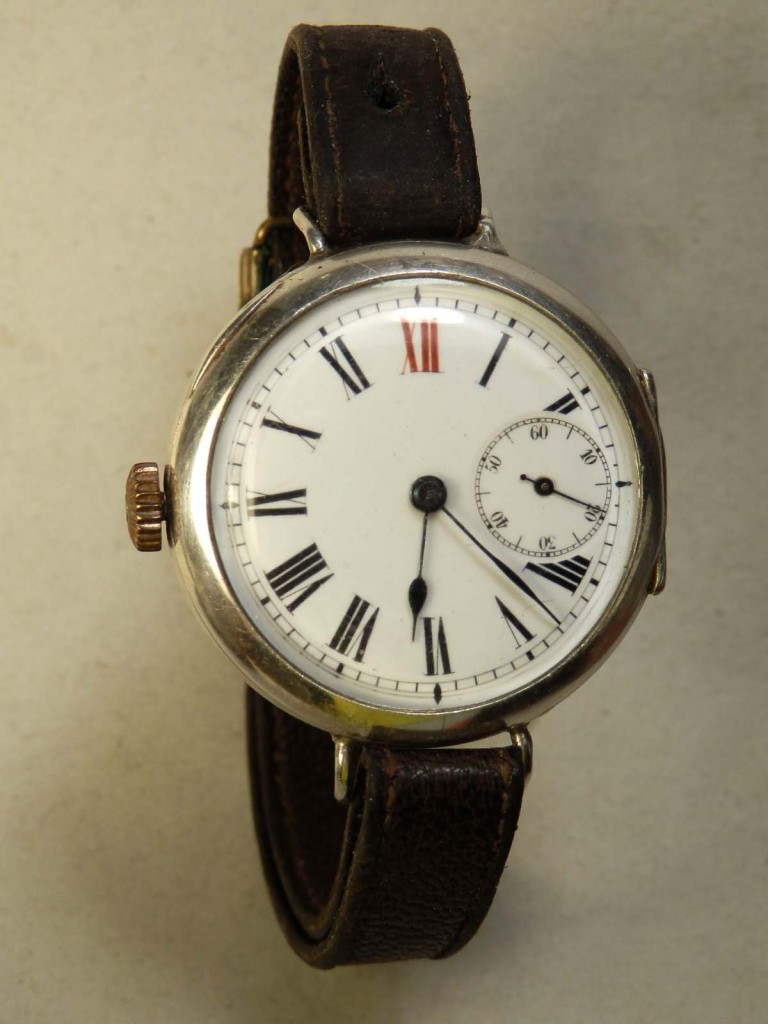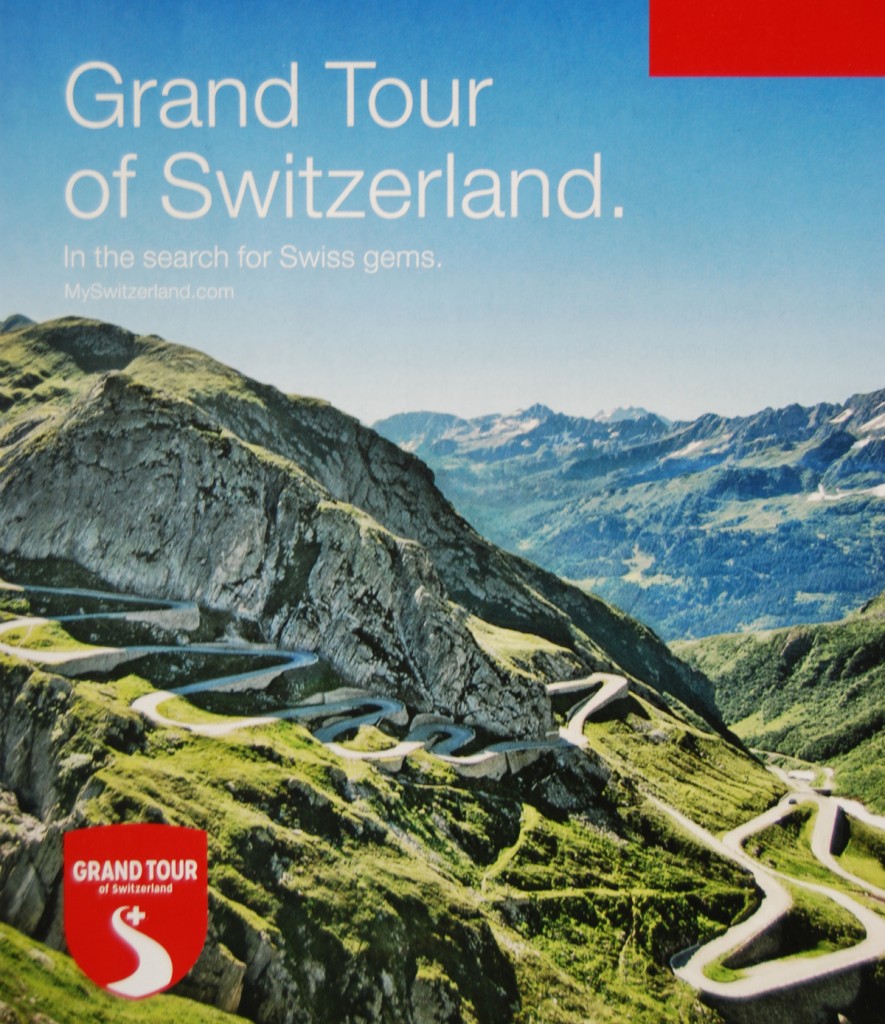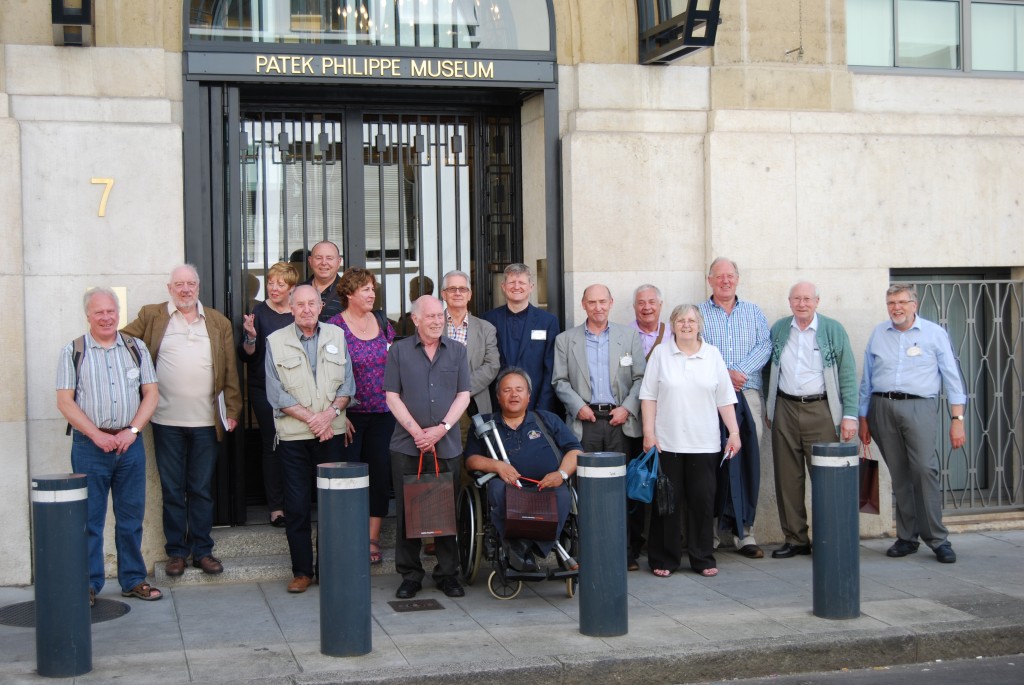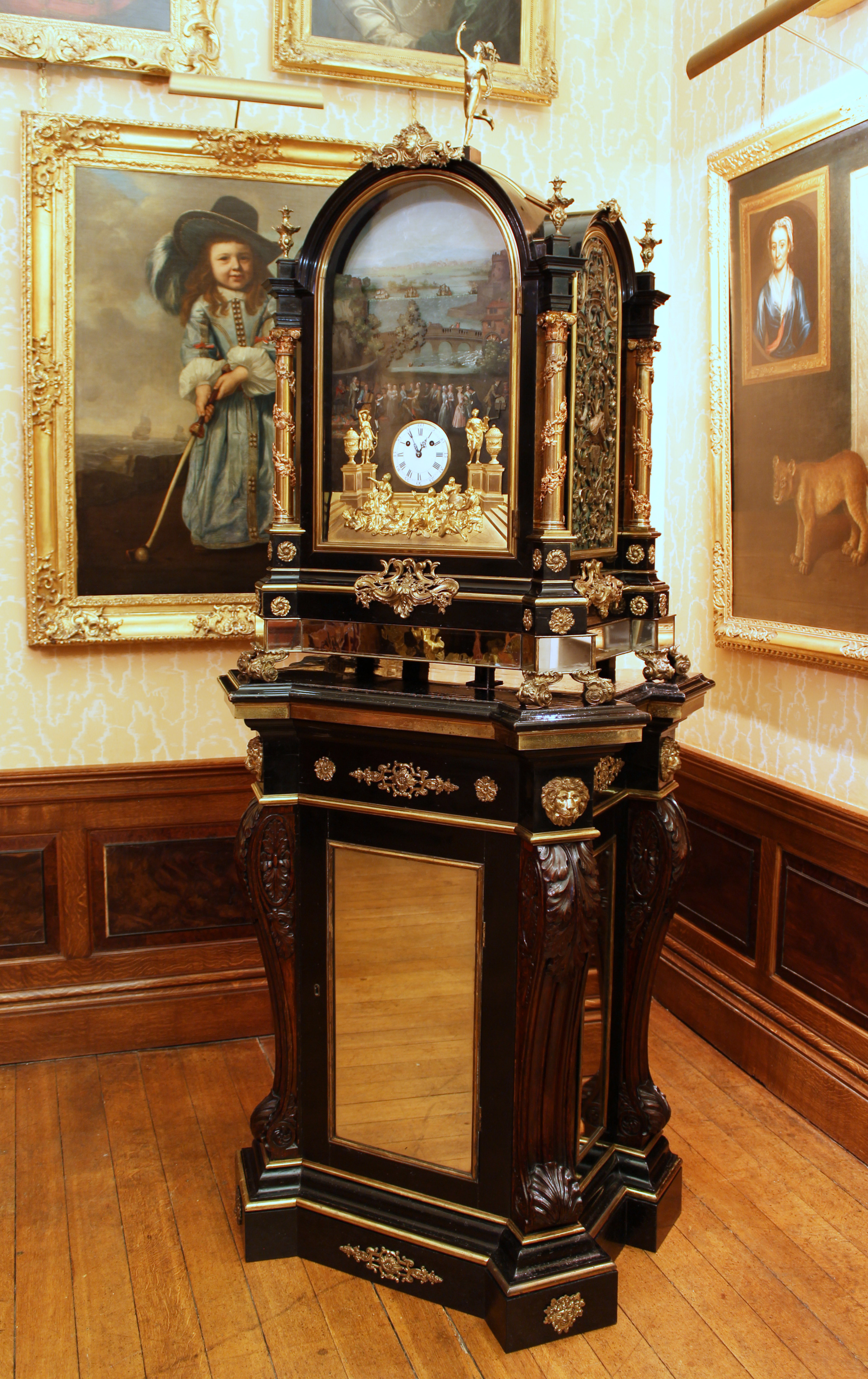May 5, 2016
Our next meeting will comprise of several presentations from the current crop of horology students at West Dean college. This annual event gives the students a chance to try their hand at public speaking and present on a project that makes up a major part of their coursework for qualification in restoration and conservation of antique clocks. This evening promises good variety and an opportunity for lively discussion.
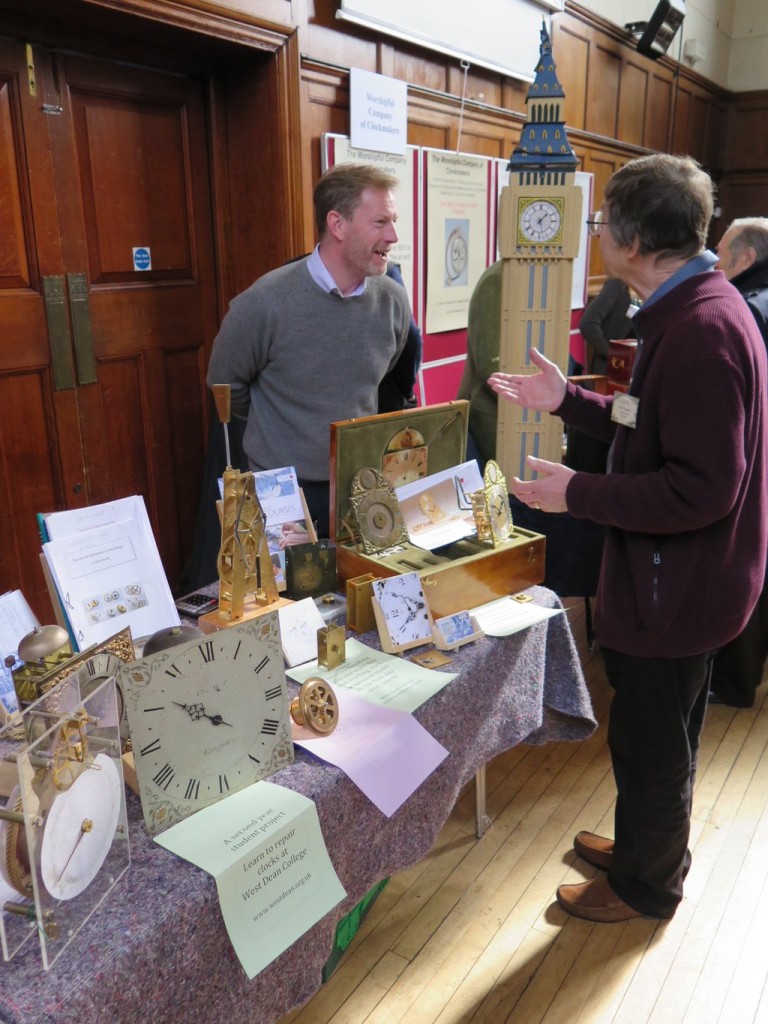 Examples of work from West Dean college, shown at our open day in 2016
Examples of work from West Dean college, shown at our open day in 2016
Presentations:
Michael Cranefield – More on Cleaning. An update on research into using ‘CleanSpirit’ as a viable clock cleaning solution.
Rob Thompson – Researching the properties of mainsprings using an electronic torque meter to evaluate their characteristics.
Jonathan Turner Bishop – Career change from the Swiss watch industry to the conservation of clocks.
Daniela Corda – Dilemmas of Dynamic Objects. A journey through some of the ethical issues relating to the repair of clocks through case studies.
Ken de Lucca – You always hurt the one you love. A discussion of the historic remaking of a tavern clock and its future.
Nick Western – The turret clock at West Dean by JW Benson.
Fjodor vd Broek – The professional decision making process relating to historic restorations.
Matthew Read – Seven years at West Dean. A review and reflection of some of the highpoints from the past seven years and a glimpse of the future as the college engages more with Higher Education in the 21st century.
Please note that this event will be held at the temporary venue, The Soper Hall in Caterham.
- Soper Hall, Harestone Valley Road
- Caterham, CR3 6HY
- Soper Hall, Harestone Valley Road
- Caterham, CR3 6HY
